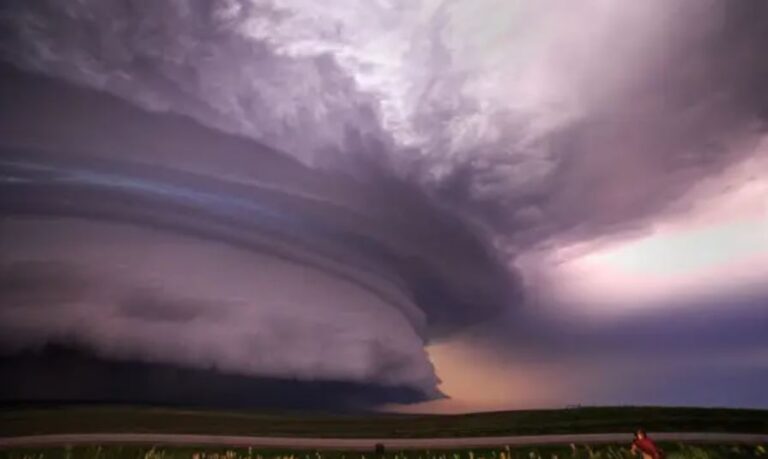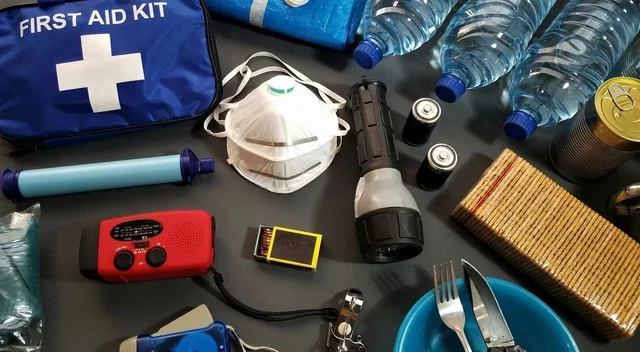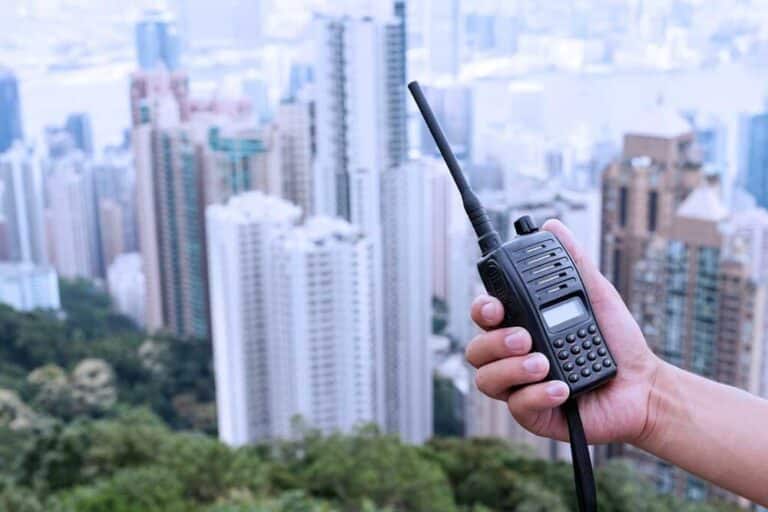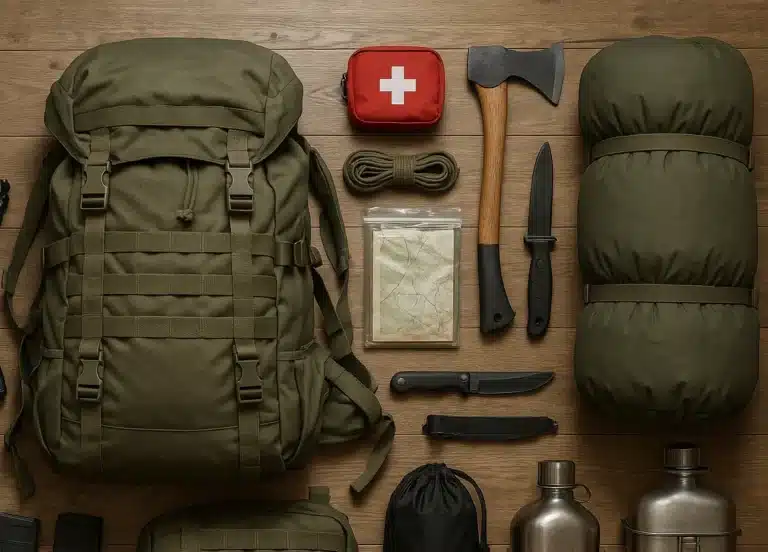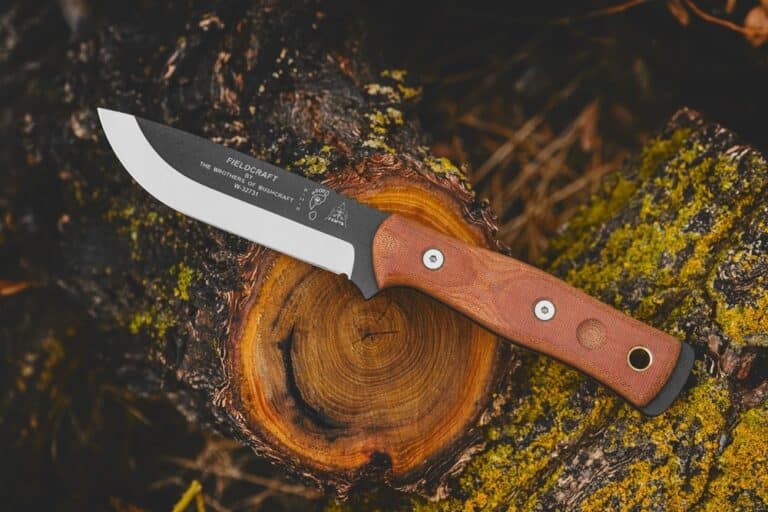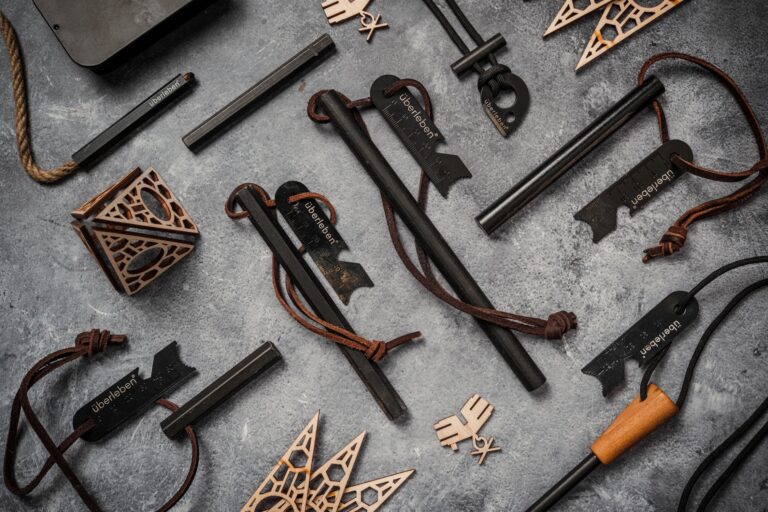Best Foods to Stockpile for Survival: A Comprehensive Guide

Introduction
In uncertain times, having a well-thought-out food stockpile is essential for ensuring the safety and well-being of you and your family. Whether facing natural disasters, economic instability, or unforeseen emergencies, a diverse and nutritious food supply can provide peace of mind and sustenance when it’s needed most.
The Importance of Diversifying Your Food Stockpile
Relying solely on one type of food can be risky. Diversifying your stockpile ensures nutritional balance, caters to varying tastes, and mitigates the risk of spoilage affecting your entire supply. A well-rounded approach includes a mix of ready-to-eat meals, long-term storage items, and everyday pantry staples.
Categories of Survival Foods to Consider
1. Ready-to-Eat Meals (MREs)
Meals Ready-to-Eat (MREs) are self-contained food packages originally developed for military use. They are calorie-dense, require no preparation, and have a shelf life of approximately 3 to 5 years when stored properly. However, they can be high in sodium and low in fiber, so it’s advisable to use them as a short-term solution or supplement to other food sources.
2. Freeze-Dried and Dehydrated Foods
Freeze-dried foods offer an extended shelf life, often up to 25 years, and retain most of their nutritional value. Brands like Mountain House™ and Augason Farms® provide a variety of options, from full meals to individual ingredients like fruits, vegetables, and dairy products. These foods are lightweight, making them ideal for emergency kits and long-term storage.
3. Canned Goods
Canned foods are a staple in any emergency pantry. They are affordable, widely available, and have a shelf life ranging from 1 to 5 years. Consider stocking up on:
- Canned meats (tuna, chicken, salmon)
- Canned vegetables and fruits
- Soups and stews
- Beans and legumes
Ensure you have a manual can opener available in case of power outages.
4. Dry Staples
Dry goods are essential for creating balanced meals. They are cost-effective and have a long shelf life when stored in airtight containers. Key items include:
- Rice (white rice has a longer shelf life than brown rice)
- Pasta
- Oats
- Flour
- Sugar and salt
- Dried beans and lentils
Store these items in a cool, dry place to maximize longevity.
5. Frozen Foods
If you have reliable electricity or backup power solutions, frozen foods can be a valuable part of your stockpile. They offer variety and can include:
- Meats (chicken, beef, pork)
- Vegetables
- Fruits
- Prepared meals
Regularly check your freezer’s temperature and ensure it’s at or below 0°F (-18°C) to keep foods safe. And don’t forget to label food with dates.
6. Snacks and Comfort Foods
In stressful situations, comfort foods can boost morale. Consider including:
- Granola bars
- Peanut butter
- Trail mix
- Dried fruits
- Chocolate and candies
These items are not only comforting but also provide quick energy.
Storage Tips for Longevity
- Rotate Stock: Use the FIFO (First In, First Out) method to ensure older items are used before newer ones.
- Proper Storage Conditions: Keep food in a cool, dry, and dark place to extend shelf life.
- Monitor Expiration Dates: Regularly check and update your inventory to prevent spoilage.
- Use Airtight Containers: For bulk items, use airtight containers to protect against pests and moisture.
Conclusion
Building a comprehensive and diversified food stockpile is a proactive step toward emergency preparedness. By incorporating a variety of food types and following proper storage practices, you can ensure that you and your loved ones have access to nutritious meals during any crisis.

